Last month, many of you rallied together to give during our Every Minute in May campaign to protect vulnerable people from human trafficking. Thank you!
Every minute, someone around the world is trafficked—but in that same minute, our teams are stationed, vigilant, and ready to intervene to stop trafficking from happening in real time.
Here are some of the recent stories of freedom reported from our global teams:
South Africa: Fake Modeling Job on Facebook Lures Teen Girl from Botswana
A 17-year-old girl from Botswana was recently intercepted before she could fall prey to an online scam disguised as a modeling opportunity. Living in difficult conditions with her unemployed mother and older sister, the girl had dropped out of school after failing a grade and was desperately searching for a better future. A career in modeling had always been her dream.
One day while scrolling Facebook, she came across a post from someone claiming to be a modeling agent, stating he needed 50 female models aged 16 to 50 for an upcoming photoshoot. Excited, the girl expressed interest. The man, posing as a talent scout, immediately asked her to send inappropriate photos rather than the professional portfolio that most reputable modeling agencies typically request.
This raised red flags for a Love Justice South Africa monitor who was investigating the same post. When the monitor contacted the supposed agent to learn more, the man asked intrusive personal questions about her sex life and again requested inappropriate photos. Furthermore, he refused to give a clear answer about where the work would take place, vaguely saying "somewhere in Africa." His evasiveness and refusal to name a location appeared to be an attempt to avoid detection by authorities—likely hiding an intent to exploit.
Based on the suspect’s interest in inappropriate pictures and potential models' sex lives, the team was concerned that he might be recruiting aspiring models for prostitution or adult films. They intercepted the girl, warning her of the dangers she could face. They educated her about online recruitment schemes and how to safely find employment in the future.
Rwanda: 11-Year-Old Boy Intercepted After Following Stranger for Promised Cattle Herding Job
 Monitors spotted an 11-year-old boy wandering around a bus park, carrying a small bag of clothes. He looked confused and too young to be traveling alone, so they approached him to investigate further.
Monitors spotted an 11-year-old boy wandering around a bus park, carrying a small bag of clothes. He looked confused and too young to be traveling alone, so they approached him to investigate further.
The boy explained that he had been playing near his home when a stranger approached and promised him a job herding cattle. The boy hadn’t told his parents about the journey and believed the stranger’s promises without understanding the risks involved. He followed the stranger to Kigali, and when the stranger left him to get food for them, the boy waited alone for three hours before the team intervened.
Concerned for his safety, the monitors took immediate action. They counseled him about the dangers of trusting strangers, especially when it comes to job offers. Because he was only 11 years old and unaccompanied, he was at extreme risk of being trafficked or exploited. The team ensured that he was safely removed from the situation and then helped to arrange his return home.
Namibia: Monitor Intercepts Teen Girl Attempting to Cross Border with Unknown Man
At the border between Zambia and Namibia, a monitor grew suspicious upon seeing a man attempting to cross with a young girl. Both were listed on the same border pass, which immediately raised red flags. The man claimed the girl was his niece and said they were traveling to buy school supplies, but he had no consent letter from her guardians—only insisting that they were aware of the trip.
Not convinced, the monitor requested assistance from a female police officer and asked the girl to open her backpack. Inside were mostly her personal clothes and a small meal, with no school-related items. When asked about her relationship with the man, the girl hesitated and eventually admitted she didn’t know his name. They had only met the previous day at the Zambian border, where he offered to help her cross into Namibia for work, claiming to know someone who needed a maid.
As the monitor continued asking questions, it became clear that the girl was a minor traveling without proper documentation, was unaccompanied by a legal guardian, and had no idea who she was truly traveling with or where she would be staying. She believed the man’s vague promises of job opportunities, but knew little about the destination and had no resources or support.
The monitor explained the serious dangers she was facing—including potential exploitation, forced labor, sexual abuse, or even organ trafficking. He also warned the man about the legal consequences of transporting a child without authorization.
To protect the girl, the monitor and police officer escorted her back to the Zambian side of the border and handed both her and the man over to immigration officials. The officials agreed to involve child welfare services to ensure she would be safely returned to her home.
Thanks to the monitor’s sharp instincts and swift action, the girl was spared from a potentially dangerous and exploitative situation, and a possible trafficking attempt was halted before it could continue.
Uganda: Minor Girl Intercepted; Recruiter Posing as Her Father Charged in Trafficking Case
Monitors intercepted a 16-year-old girl attempting to cross the border into Kenya. She had been recruited by a man named James*, who convinced her to accept a gardening job in a farming region known for labor exploitation. Although she believed she was headed toward legitimate work, she had no information about the host or job details, which put her at high risk of trafficking.
 James promised her a salary of UGX 200,000 (about $55 USD)—double the typical wage—raising suspicions of deception. He also paid for her travel and instructed her to cross the border using a porous route while he used another. This tactic is commonly used by traffickers to avoid detection.
James promised her a salary of UGX 200,000 (about $55 USD)—double the typical wage—raising suspicions of deception. He also paid for her travel and instructed her to cross the border using a porous route while he used another. This tactic is commonly used by traffickers to avoid detection.
When monitors stopped the girl, they interviewed both her and James separately. The recruiter falsely claimed to be her father, but the girl said she didn’t know him. The contradictions in their stories, the secretive travel plans, and the inflated job offer all raised serious concerns.
Monitors counseled the girl on the dangers of human trafficking, explaining how traffickers often use false promises to lure young people into exploitation. They also shared the gospel with her, offering hope and encouragement. She agreed to return home, and James was arrested and charged with human trafficking.
Thanks to the quick action of the team, this young girl was protected from a potentially dangerous and uncertain future.
Mozambique: Nine Malawian Men Intercepted Before Potential Forced Labor in South Africa
During a routine monitoring operation in Mozambique, our team intercepted nine Malawian nationals between the ages of 23 and 31.
During questioning, the group shared that they had traveled from their village in Malawi after being recruited by a South African man named Benedito*. He had promised them domestic jobs in South Africa with a monthly salary of R2,600 (about $140 USD). Convinced by the offer, the men left their homes the very next day.
However, red flags began to appear. When they reached the Malawi border, Benedito stayed behind at immigration, claiming he would catch up with them later. He had taken their passports, supposedly to handle the border paperwork. The group was left waiting at the old checkpoint—just as he had instructed—with no identification, no employer contact information, and no idea where they were supposed to go next.
They were traveling to a region known for forced labor and trafficking, and their situation showed all the classic signs of exploitation: deceptive recruitment, isolation, confiscated documents, and a complete lack of information about their supposed employer.
Recognizing the potential danger, our team educated the group about the risks of human trafficking and the tactics traffickers often use to lure people into forced labor. They explained how the lack of documents and contact details left them dangerously vulnerable.
The monitors also shared the gospel with them and encouraged them to see their lives as valuable and worth protecting. Strengthened by this conversation, the group decided not to continue their journey. To ensure their safety, the monitors escorted the nine men to the local migration authorities so they could be properly assisted and return home.
Invest in freedom
Thank you for standing with us for justice! We are so grateful to do this work together.
Consider joining Project Beautiful, our monthly giving community, to invest in stories of freedom like these every single month. Button below to learn more!
*All data and statistics current at the date and time of publishing. Names and specific locations excluded for privacy and security purposes. Images are representative. AI used for some images.
-1.png?width=500&height=500&name=LJI_MAINLOGO_WhiteBackground%20(1)-1.png)



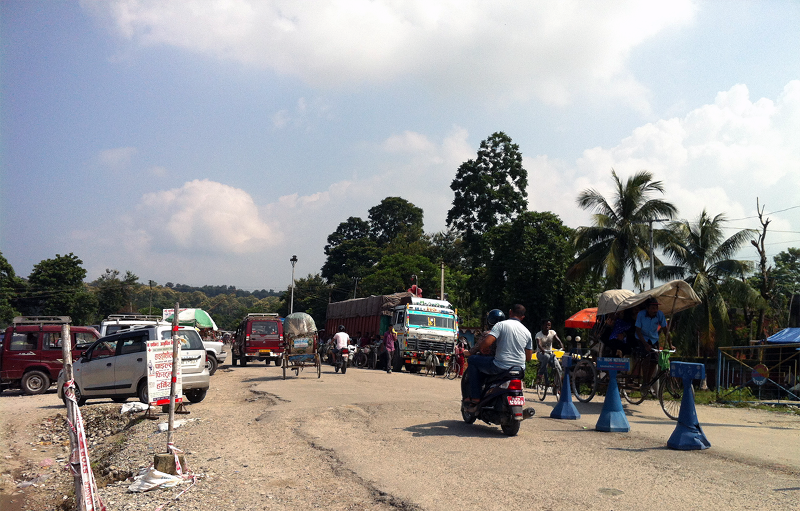
/bimala_feature_blog.webp)


/boy_girl_asia_streets.webp)

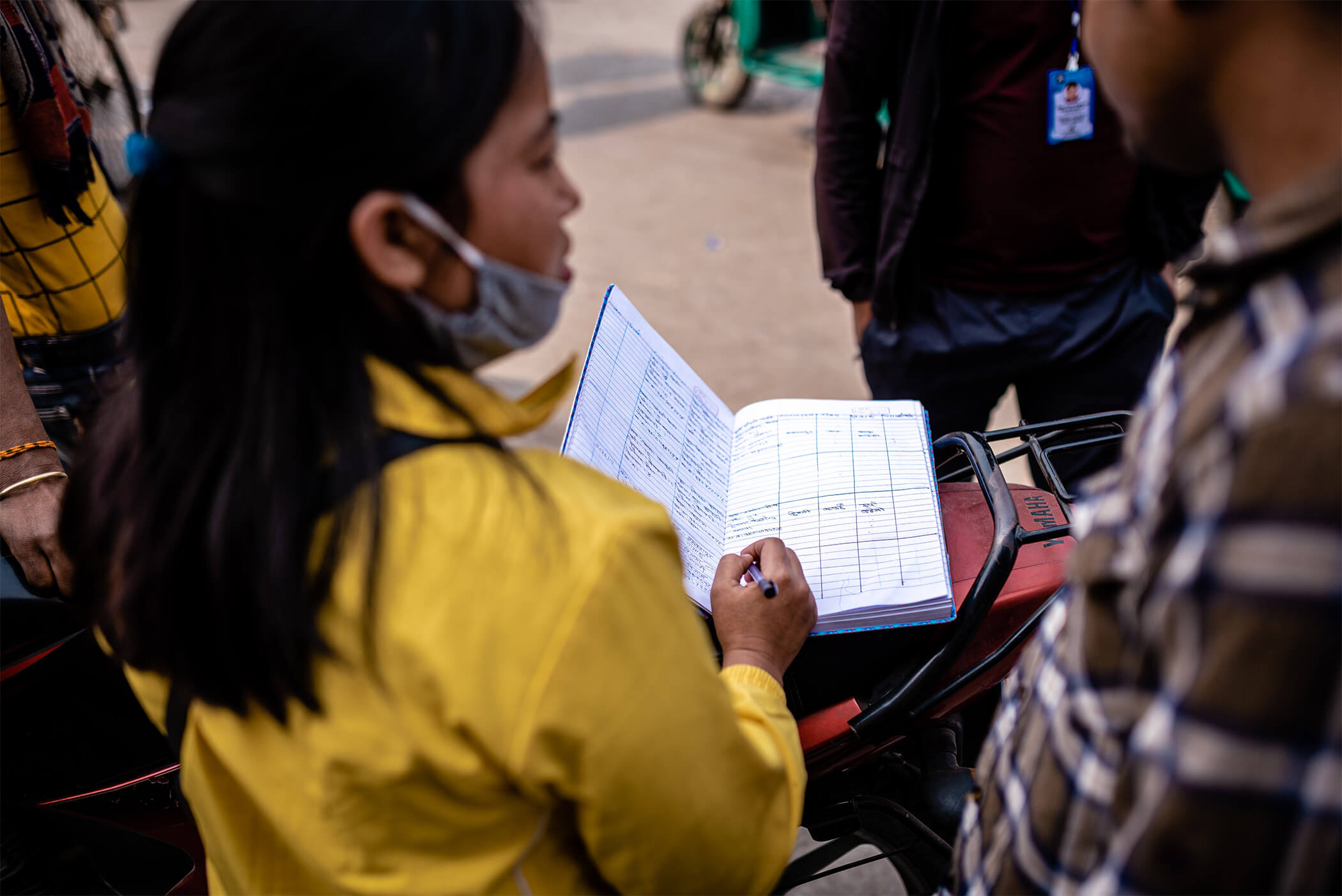




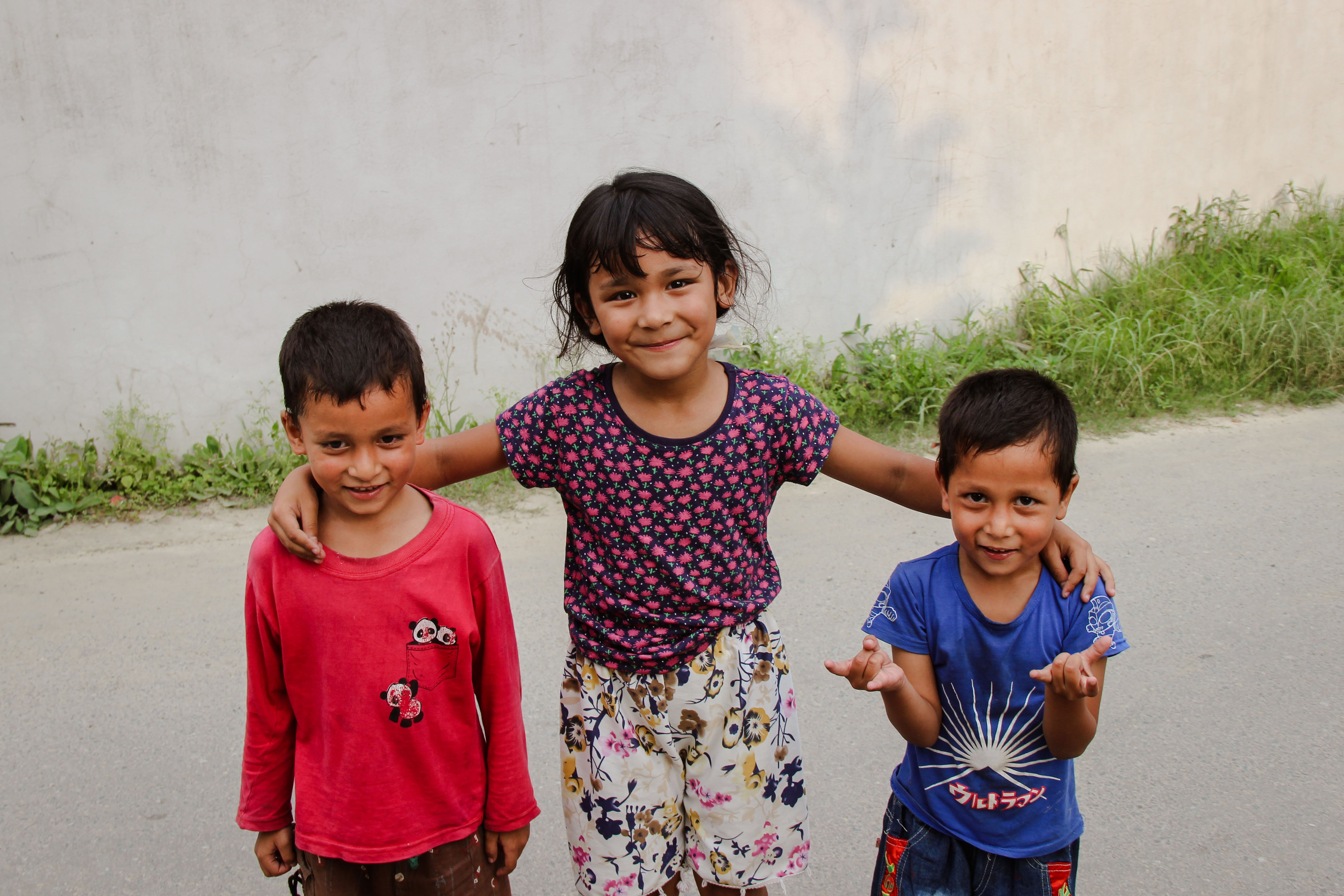
/trafficking_benin_featured_image_size.webp)
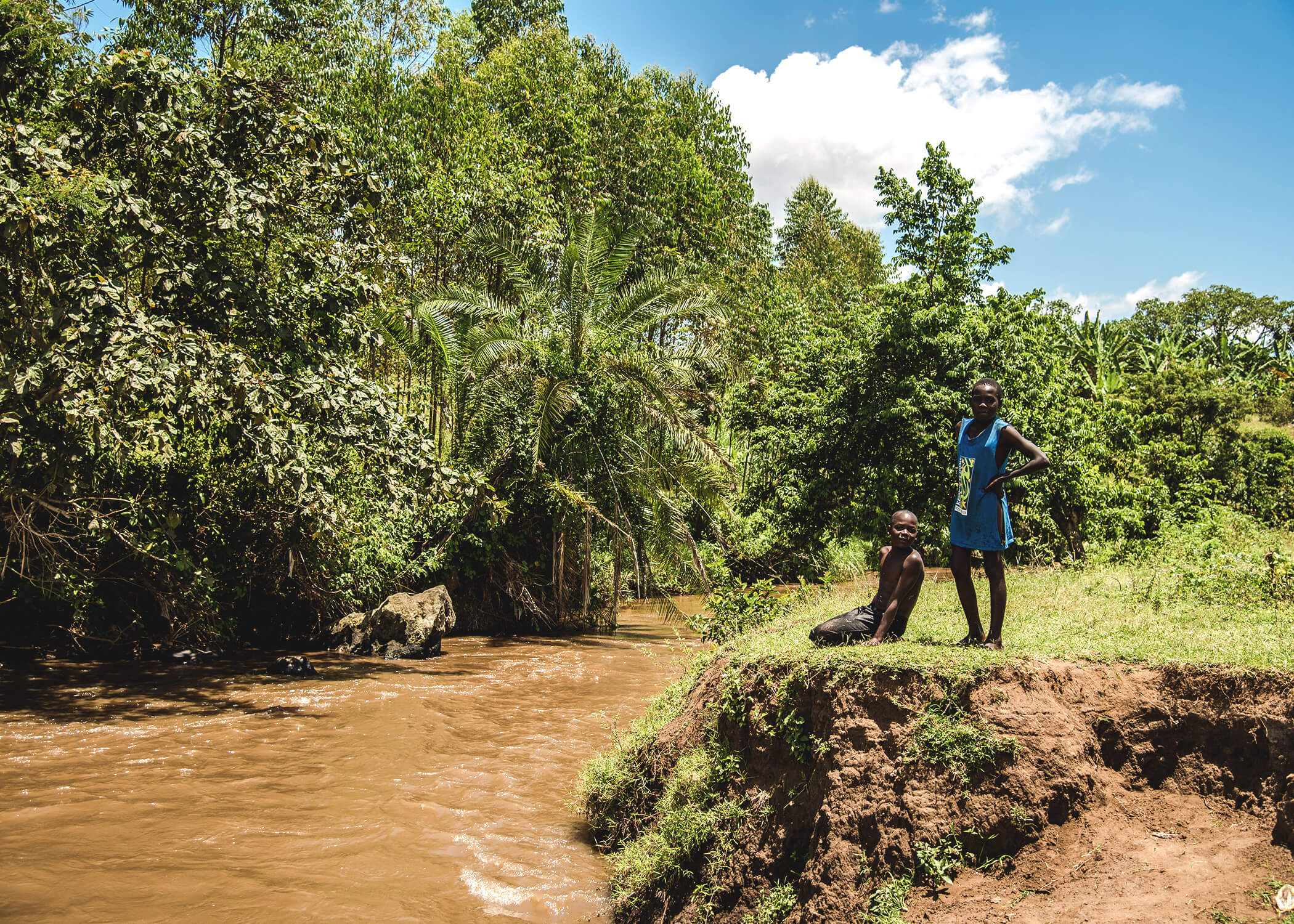
/asia_brothel_girl.webp)

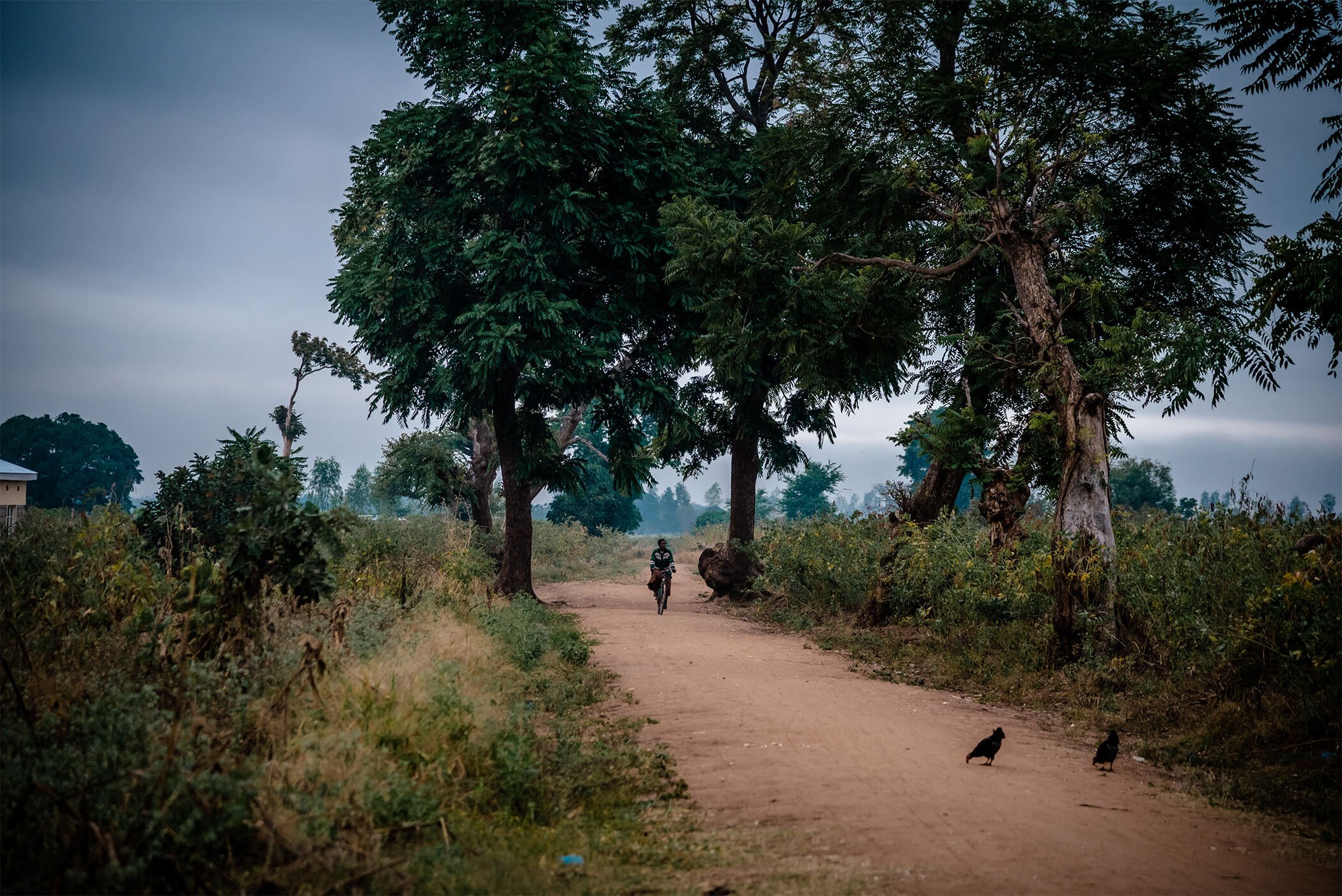
-1.jpg)
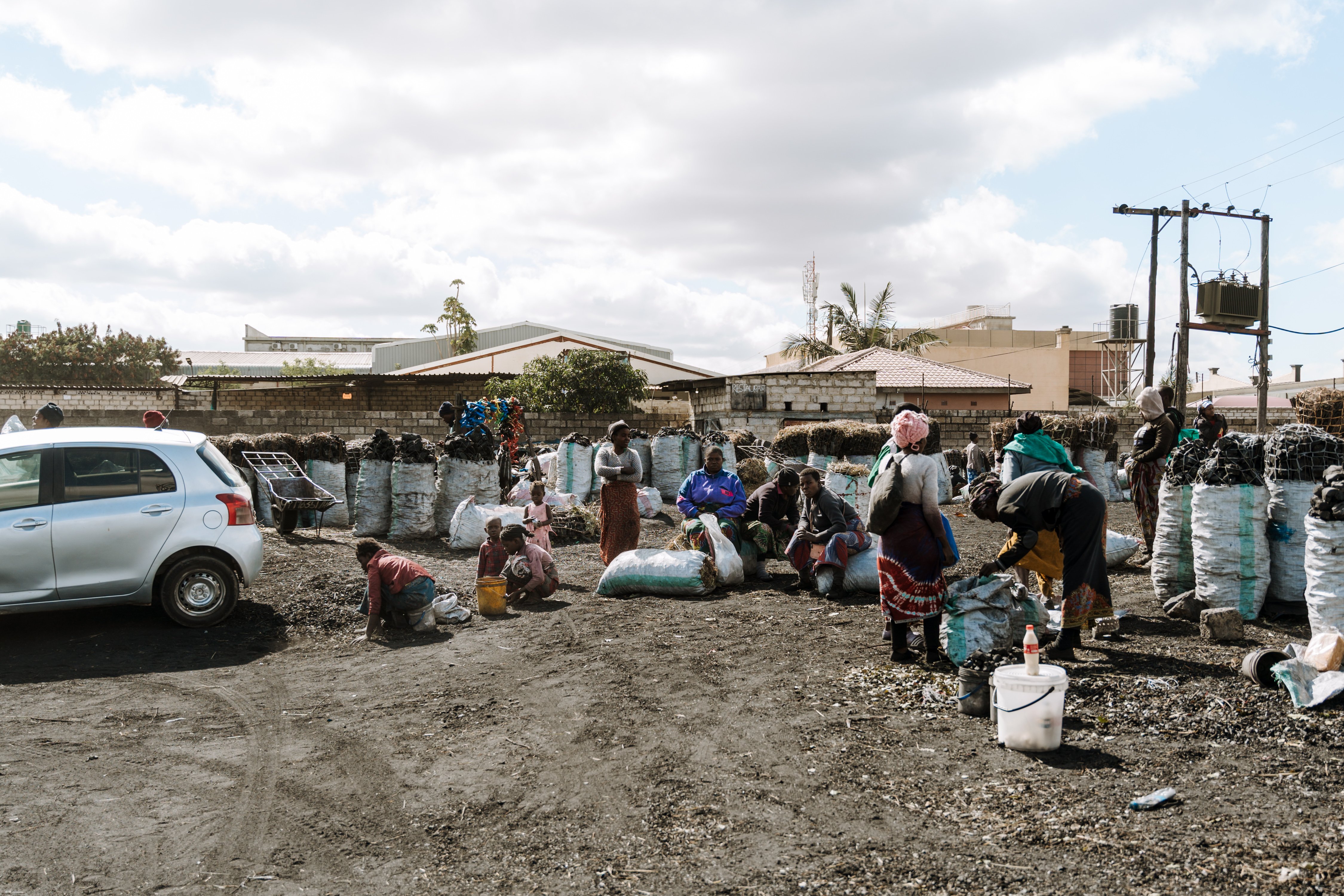


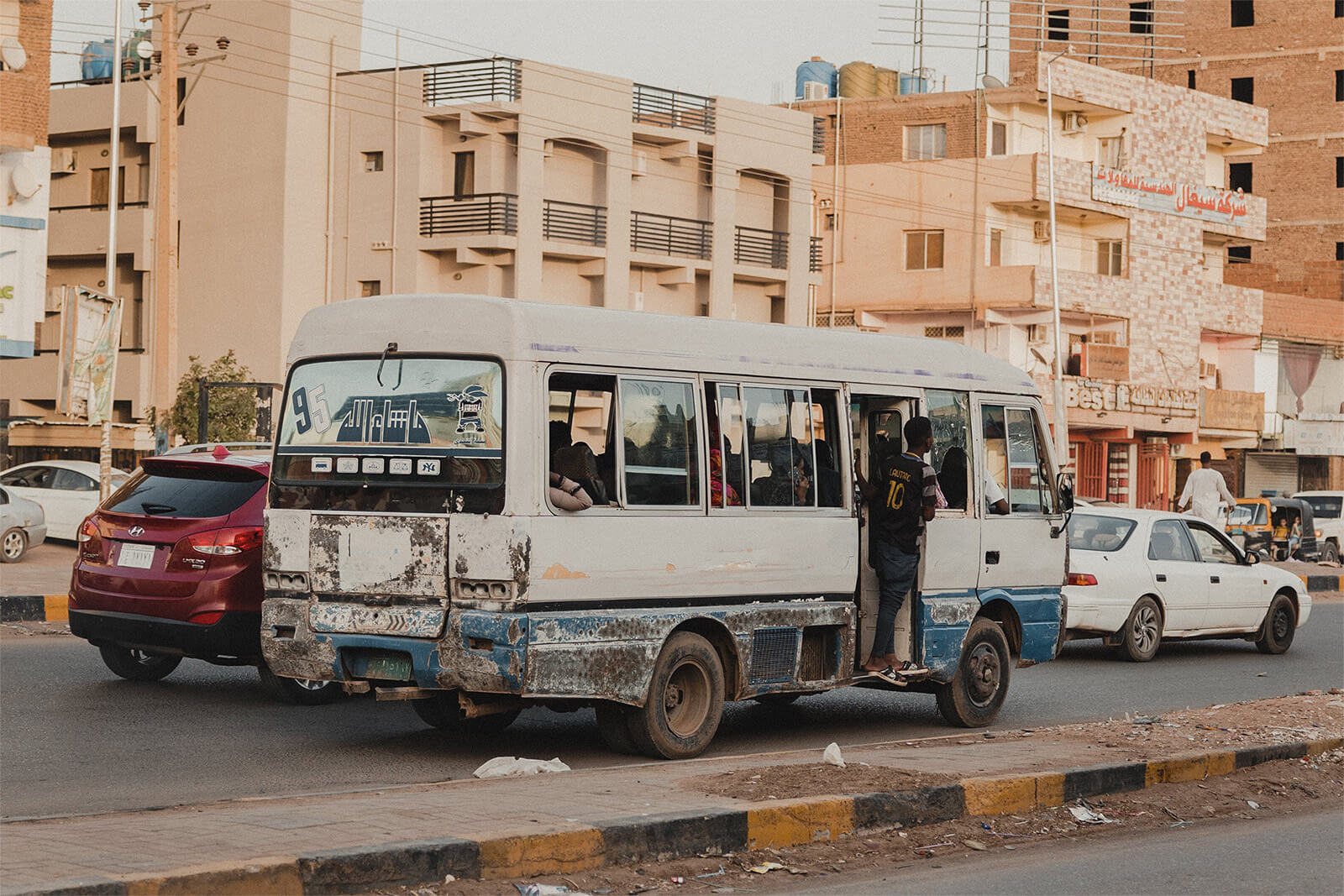




Post a comment